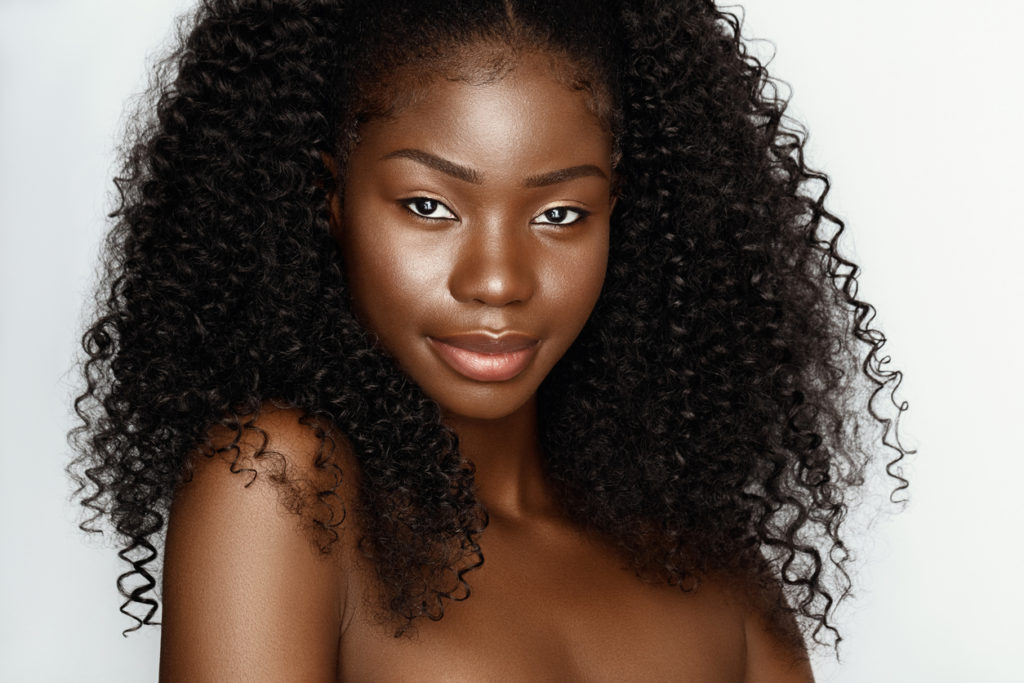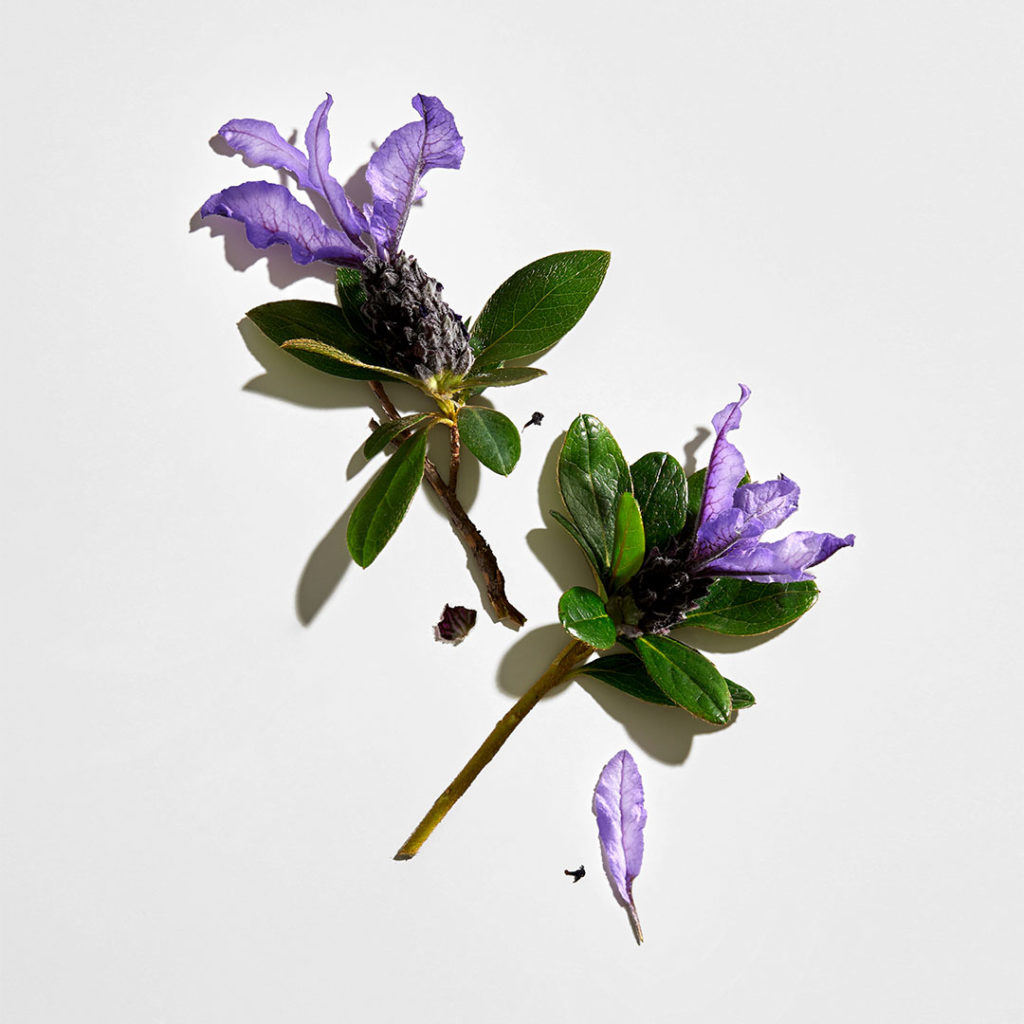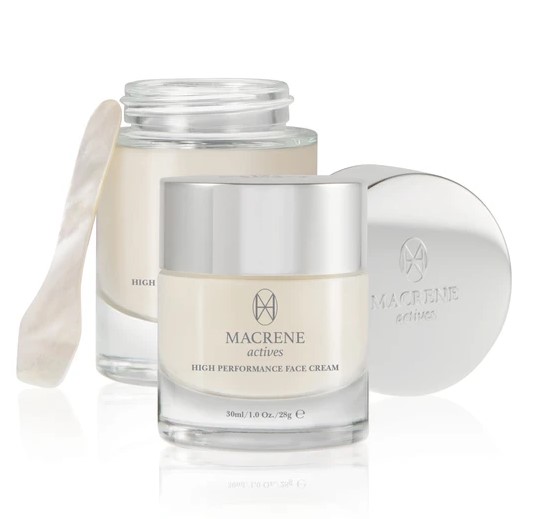What To Expect From Retinols and Plant-Based Alternatives – A Leading Dermatologist Explains
Smooth, glowing skin is coming your way.
With everyone singing the praises of retinol, it’s important to have realistic expectations from the outset. In this second installment, Dr. Macrene Alexiades, MD PhD, Associate Clinical Professor at Yale University School of Medicine and founder of Macrene Actives gets down to the nitty-gritty on acclimation, alternatives, and picking the best product for your needs.

Retinization (aka Acclimation) Is a Slow Process
If you’ve heard people say that acclimating to retinoids is difficult, take their word for it. It took me a full year to work up to 0.1%, and I still can’t use it every night. According to Dr. Alexiades, “The majority of adults do not tolerate retinoids, so it is important to know if you have sensitive skin. If you get red and flaky from [using] them, you may [need to] either use a smaller amount and slowly build tolerance” or try an alternative product. Using a hydrating sheet mask after applying my tretinoin gel helps tamp down irritation, as does using a quality night cream and sleeping pack.
For some people, the retinization period can be made easier by using the “Short Contact Method,” which Dr. Alexiades recommends in her practice. Her patients apply a pea-sized amount at bedtime, leave it on for five minutes, then rinse it off. “They increase by an additional five minutes per night until they get to 30 minutes and can leave it on overnight.”

Is Bakuchiol Really A Retinol Alternative?
Bakuchiol has been touted as an alternative for retinol. Dr. Alexiades explained in an interview for Coveteur that “Bakuchiol contains terpenoids that have no structural similarity to retinol but have been reported to have similar effects on gene expression and [are] clinically comparable to retinol in its reduction of wrinkles and photoaging.” Since bakuchiol stabilizes retinol and protects the lipid barrier, it’s more like a supplement than a replacement. According to Dr. Alexiades, bakuchiol is “considered a plant alternative” to retinol. It “has many of the properties of retinol, but it is a far weaker approximation.” It improves moisture and speeds healing; however, it doesn’t improve fine lines.
Which Product Is Right For You?
Depending on your skincare goals, there are a variety of options available in the marketplace. Over-the-counter retinol products are suitable “if you have mild issues,” or you can opt for a stronger OTC version, such as adapalene (aka Differin). When venturing into prescription-strength retinoids, your dermatologist will help you start off with a low-dose product, “such as 0.025% cream,” and you can work your way up to 0.1% tretinoin gel or 0.1% tazarotene – “the strongest version out there.”

What to Try Instead
If you’ve had bad experiences with retinol or are looking for an alternative, Dr. Macrene is “a huge proponent of plant-derived, gentle anti-aging and anti-acne ingredients.” Her extensive research career includes, “developing the use of peptides, DNA repair, antioxidants, anti-inflammatory actives, and other active molecules to boost collagen, turn over skin, repair damage, and reduce inflammation.” In short, she set out “to accomplish what retinoids were discovered to do ages ago but to do so with a more targeted approach that is safer and healthier for the skin.”
I’ve had the great pleasure of using her High Performance Face Cream and much prefer its gentle rejuvenating effects as opposed to the aggressively irritating tretinoin I’ve used for years. The ingredient deck alone reads like a Hollywood “who’s who” list, combining hyaluronic acid, mushroom extract, resveratrol, red and blue algae, and copper peptides in a cream that is both light and rich simultaneously.
Loading...